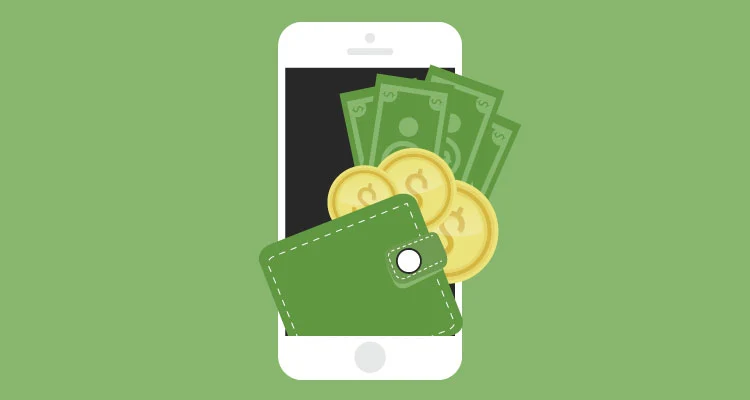Tag: Digital Currency
-

Podcast: The Hearing – Doug Pepe – Partner – Joseph Hage Aaronson LLC
From the producer: You may have watched as Mark Zuckerberg explained the internet to Congress in a way that felt a bit unnecessary. Well, this episode is sort of the opposite of that. Joe Raczynski is joined by legal and mathematical macroeconomics genius Doug Pepe, to take us through blockchain, tokens and cryptocurrency in a…
-

Will COVID-19 Make Cash Obsolete?
Originally published on the Legal Executive Institute. By Gina Jurva – Joseph Raczynski Is the COVID-19 pandemic more quickly moving the world to a cashless society? One where almost all financial transactions are not conducted with physical banknotes or coins, but rather through the transfer of digital information via a smartphone? Thomson Reuters technologist and…

